Automated Food Processing Solutions: Boost Efficiency and Quality in Food Production
The global food industry is undergoing a rapid transformation as businesses move toward automated food processing solutions to meet the growing demand for efficiency, consistency, and safety. Automation is no longer a luxury—it is a necessity for staying competitive in today’s market.
China’s automated food processing equipment manufacturers have become global leaders in delivering cost-effective, high-tech systems that rival Western brands in quality, while offering greater flexibility and affordability.
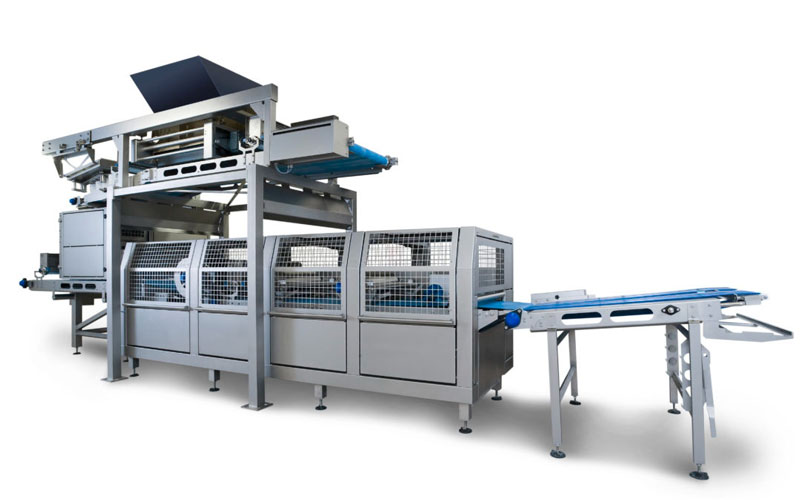
This guide covers the benefits, core technologies, and types of automated food processing systems, as well as how to choose the right solution for your business.
1. What Are Automated Food Processing Solutions?
Automated food processing solutions refer to integrated machinery and systems that perform food production tasks with minimal human intervention. These systems often use:
Programmable Logic Controllers (PLC) for centralized control
Robotics for repetitive or high-precision tasks
Internet of Things (IoT) for real-time monitoring
Artificial Intelligence (AI) for quality control and predictive maintenance
2. Benefits of Automated Food Processing
2.1 Increased Productivity
Automation reduces production cycles, allowing you to produce more in less time.
2.2 Consistent Product Quality
PLC and sensor-based systems ensure uniform results for every batch.
2.3 Reduced Labor Costs
Fewer manual operators are needed, cutting long-term labor expenses.
2.4 Improved Hygiene and Safety
Stainless steel, easy-to-clean designs minimize contamination risks.
2.5 Data-Driven Optimization
Real-time data helps track output, identify bottlenecks, and schedule maintenance.
🔗 Related reading: China Food Processing Production Line Manufacturers
3. Core Technologies in Automated Food Processing
PLC and HMI Touch Screens – Centralized control and real-time adjustments
Servo Motor Systems – Precision movement for cutting, filling, and packaging
Vision Inspection Systems – AI-powered defect detection
Energy-Efficient Heating Systems – Reduce power usage in ovens, fryers, and steamers
Automated Cleaning (CIP Systems) – Maintain hygiene without manual disassembly
Robotic Arms – For picking, packing, and palletizing
4. Types of Automated Food Processing Solutions
4.1 Bakery and Confectionery Automation
Dough mixing, dividing, and proofing lines
Automated baking ovens
Robotic cake decorating systems
4.2 Snack Food Automation
Continuous frying and seasoning
Multihead weighing and packing
Automatic oil filtration and recycling
4.3 Beverage Processing Automation
Automated blending and pasteurization
Filling, capping, and labeling lines
PET bottle blow molding machines
4.4 Meat and Seafood Automation
Automatic cutting and deboning
Vacuum packaging
IQF freezing tunnels
4.5 Frozen Food Automation
Dumpling and noodle forming machines
Automatic cooking and quick-freezing systems
Packaging and labeling integration
🔗 Explore more: Snack Food Processing Line Suppliers in China
5. How to Choose the Right Automated Solution
Analyze Production Needs – Product type, capacity, and batch size
Assess Factory Layout – Ensure space for equipment and workflow optimization
Consider Modularity – Choose systems that can expand as your business grows
Check Supplier Capabilities – R&D capacity, customization, and after-sales support
Evaluate ROI – Balance initial investment with long-term savings
🔗 Tips for Buyers: How to Import Food Processing Equipment from China
6. Top Chinese Suppliers for Automated Food Processing Solutions
| Supplier Name | Specialization | Key Strengths |
|---|---|---|
| GELGOOG Machinery | Snack food and nut processing | Strong export experience, modular designs |
| Shanghai Jimei Food Machinery Co., Ltd. | Beverage production lines | Advanced automation controls |
| Zhucheng Honest Industry & Trade Co., Ltd. | Meat and seafood processing | HACCP-compliant hygiene design |
| Hebei AOCNO Baking Machinery Co., Ltd. | Bakery production lines | High-capacity ovens and dough systems |
7. Future Trends in Food Processing Automation
AI-Driven Quality Control – Real-time defect detection and sorting
Collaborative Robots (Cobots) – Work alongside humans safely
Energy Optimization – Smart systems that adjust power use dynamically
Sustainable Manufacturing – Eco-friendly materials and waste reduction systems
Industry 4.0 Integration – Fully connected, data-driven factories
Conclusion
Automated food processing solutions are transforming the way food is produced, packaged, and delivered. By investing in automation technology from China, you can increase efficiency, reduce operational costs, and improve product quality—helping your business stay ahead in a competitive global market.
📞 Contact us: Get a Customized Automated Food Processing Proposal
Must-Read Blogs For Chain Restaurants Owner

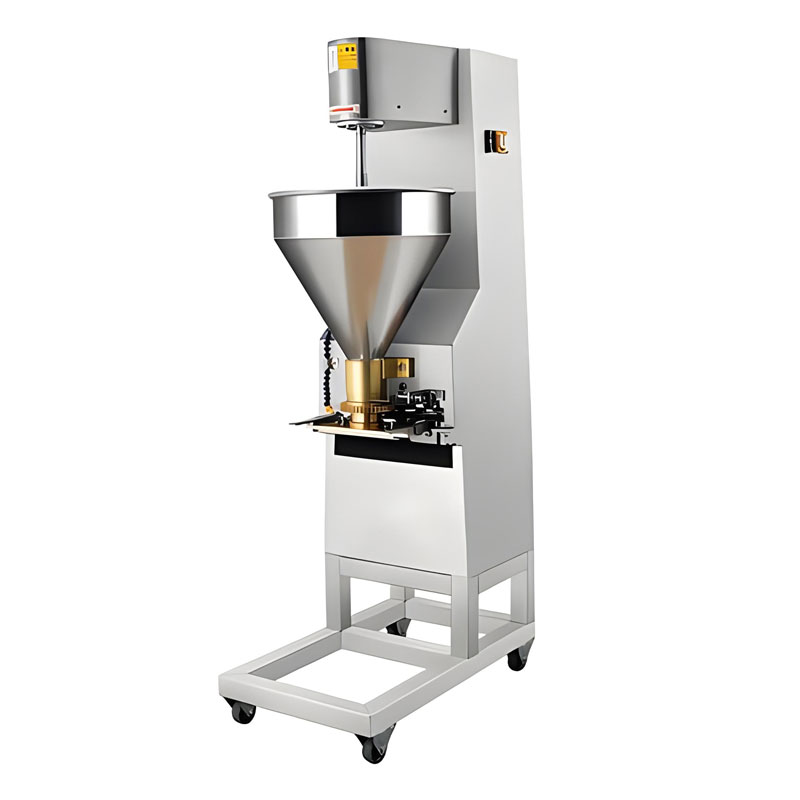
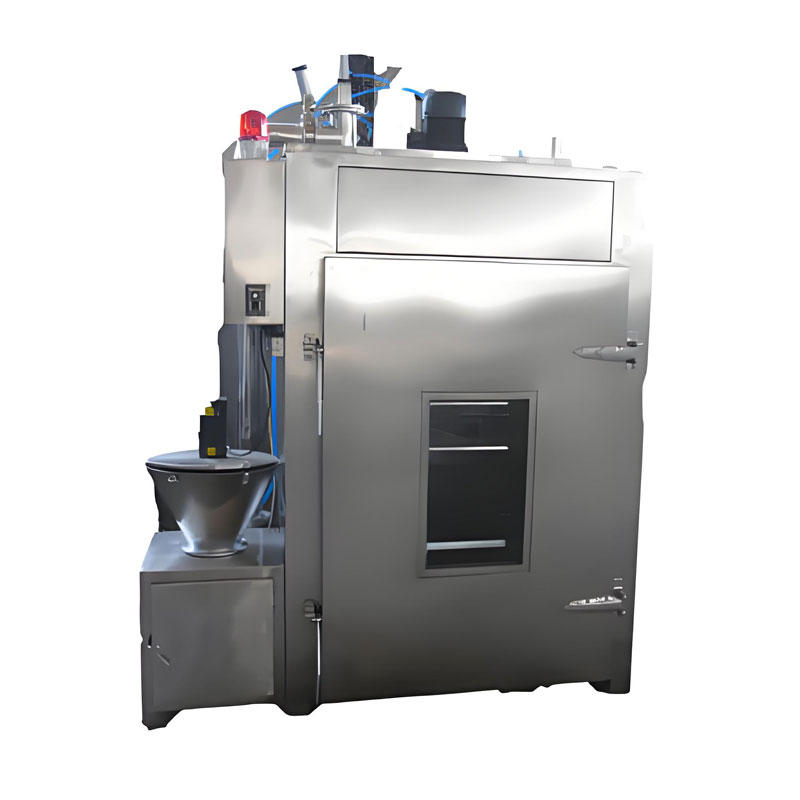
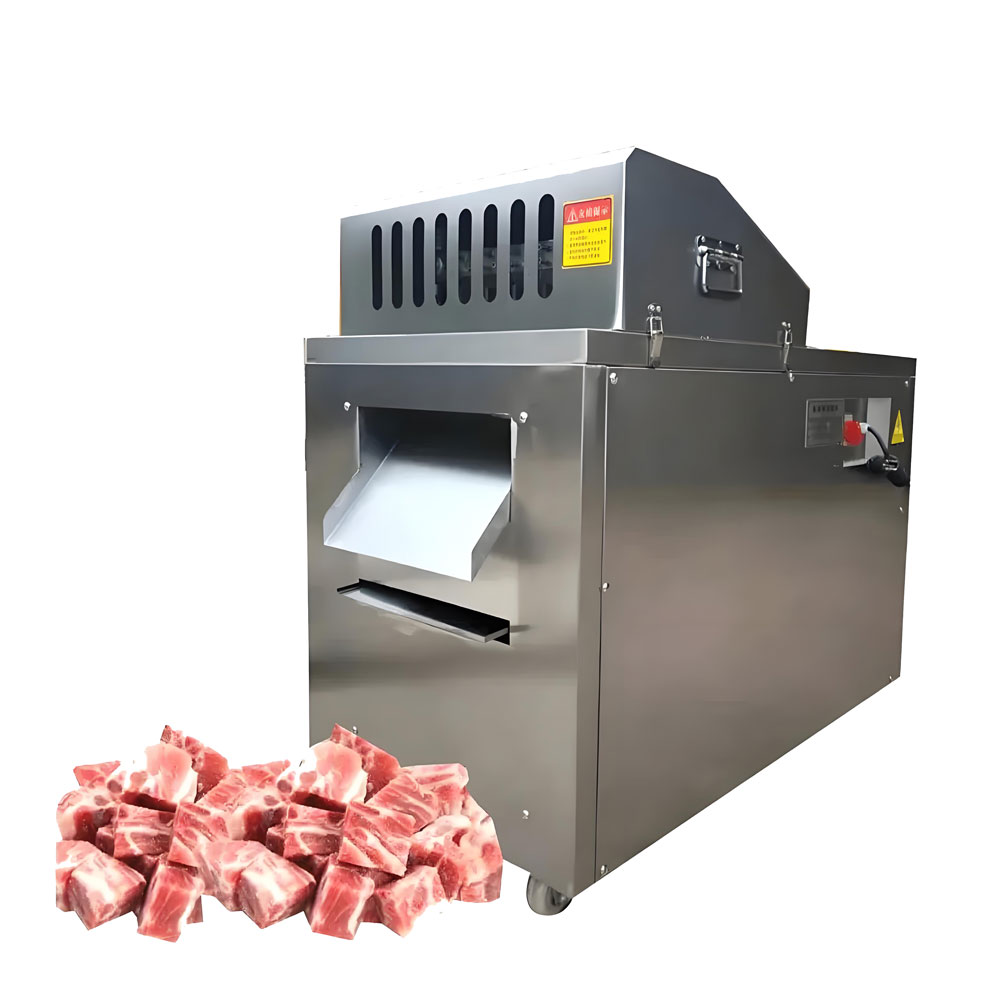
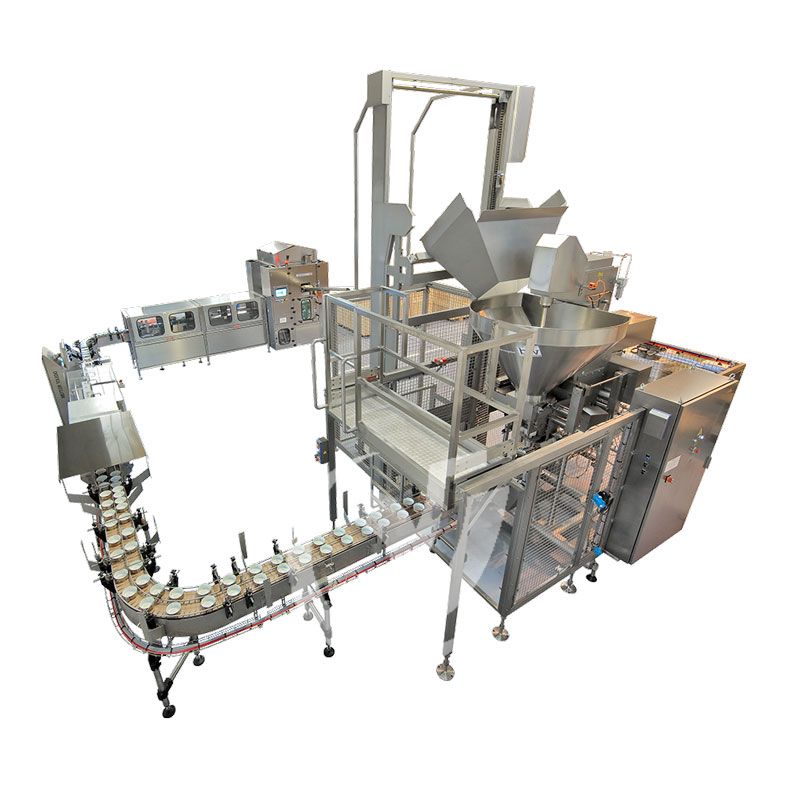

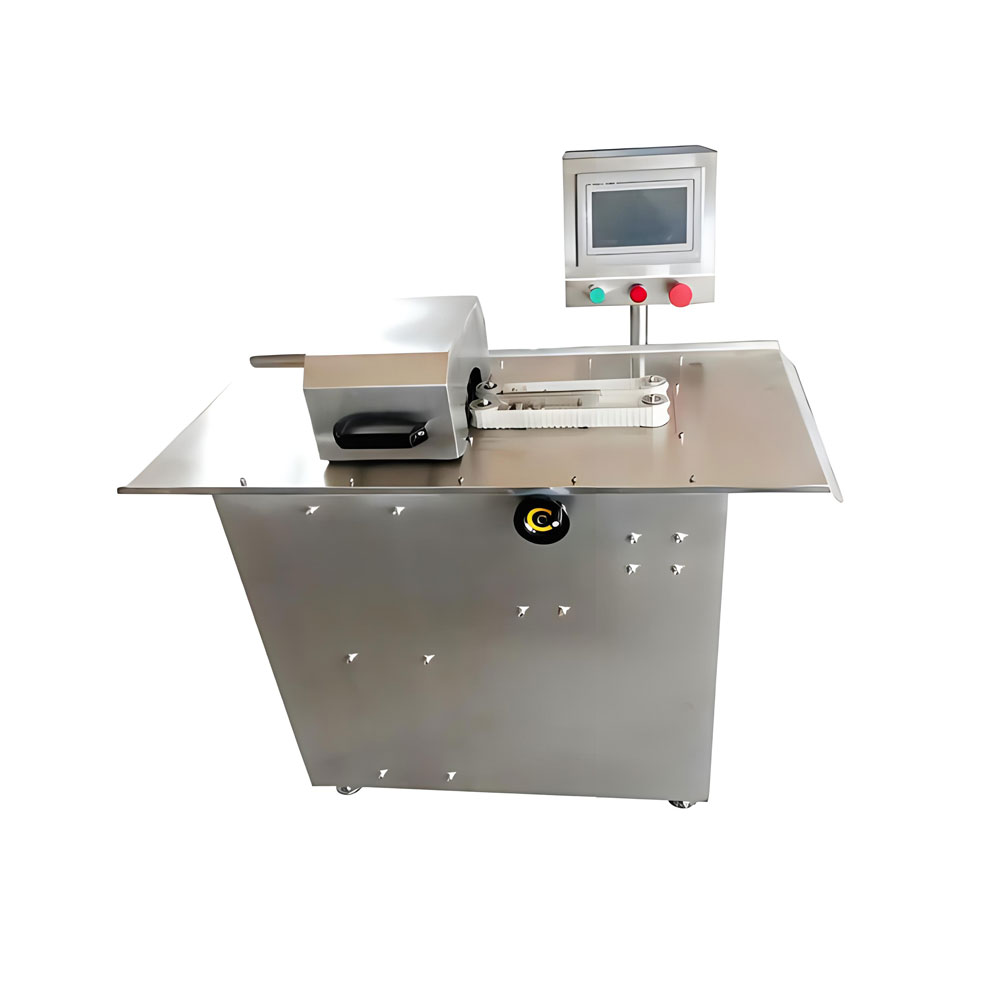
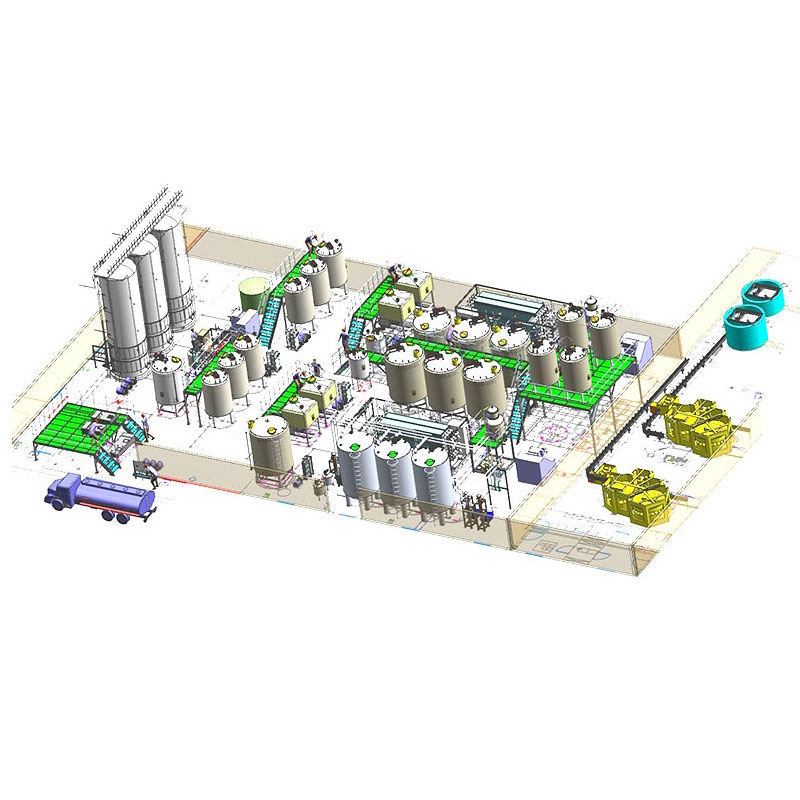
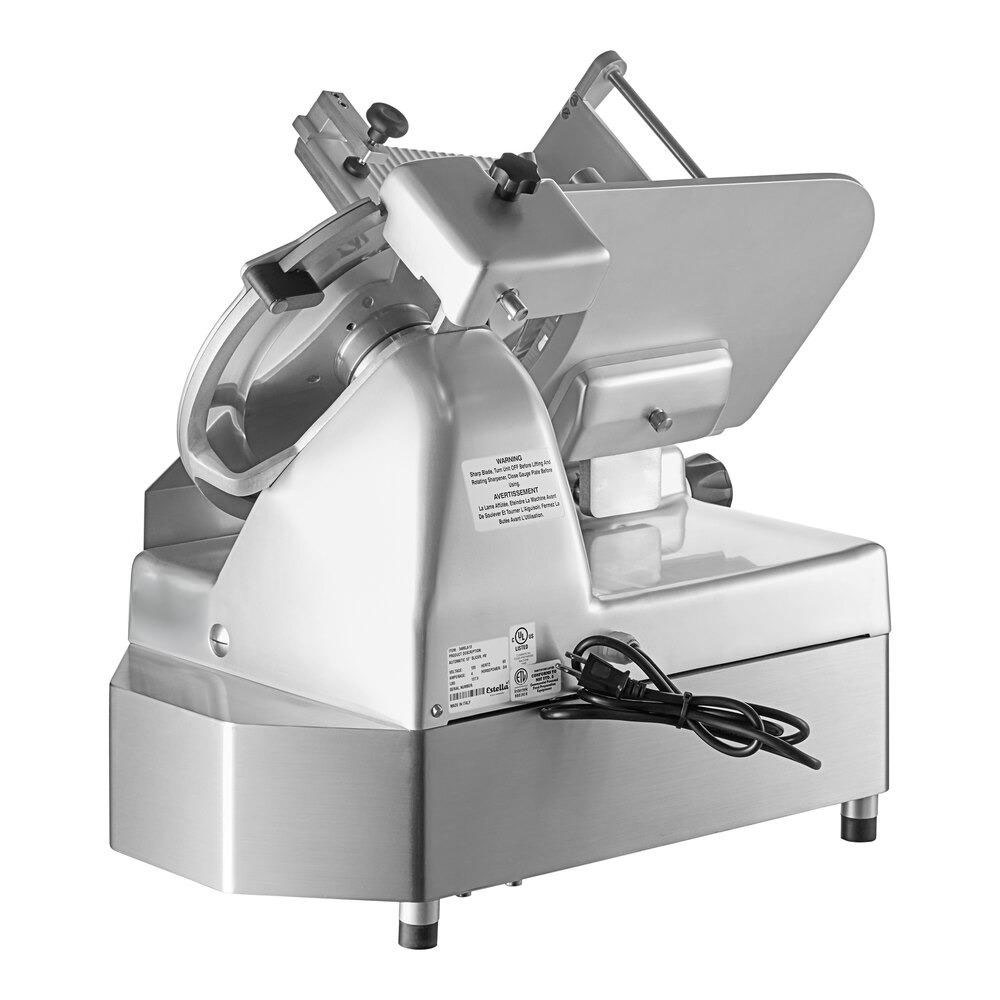
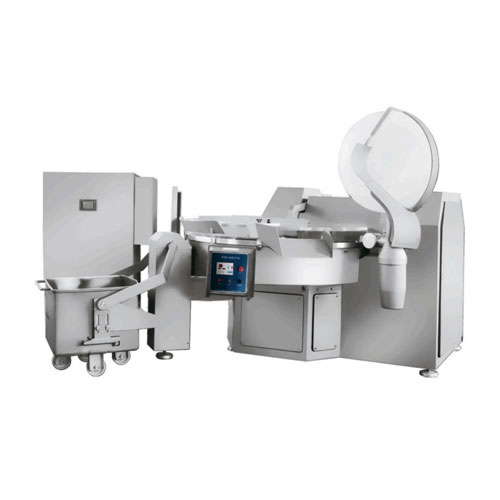
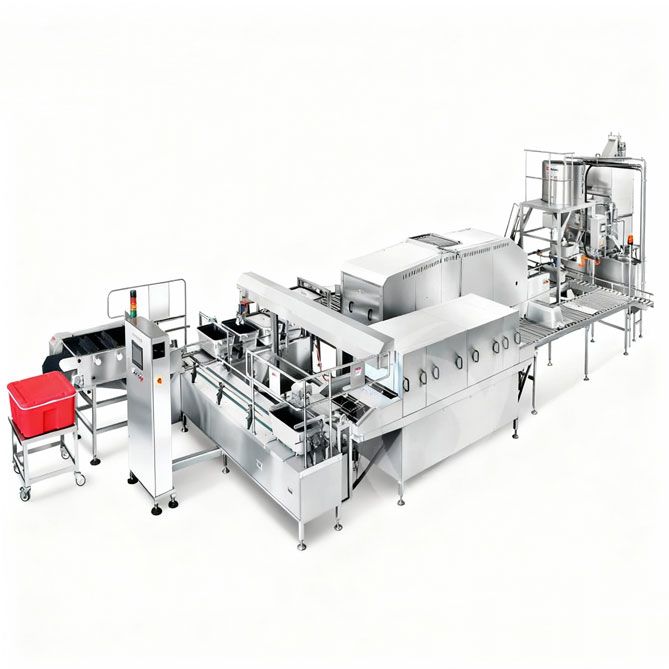
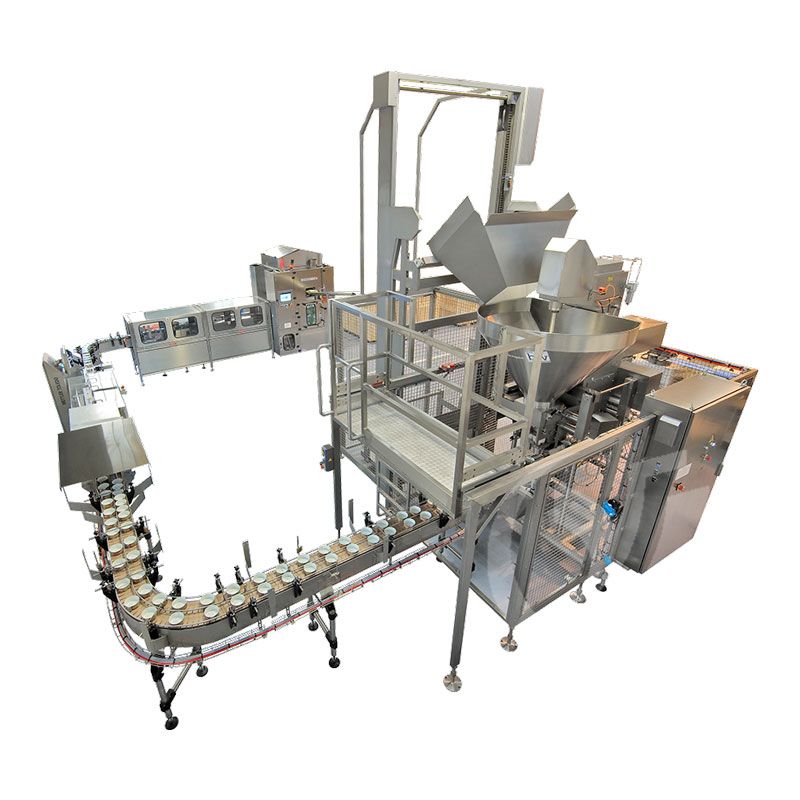 Meat Canned Food Production Line
Meat Canned Food Production Line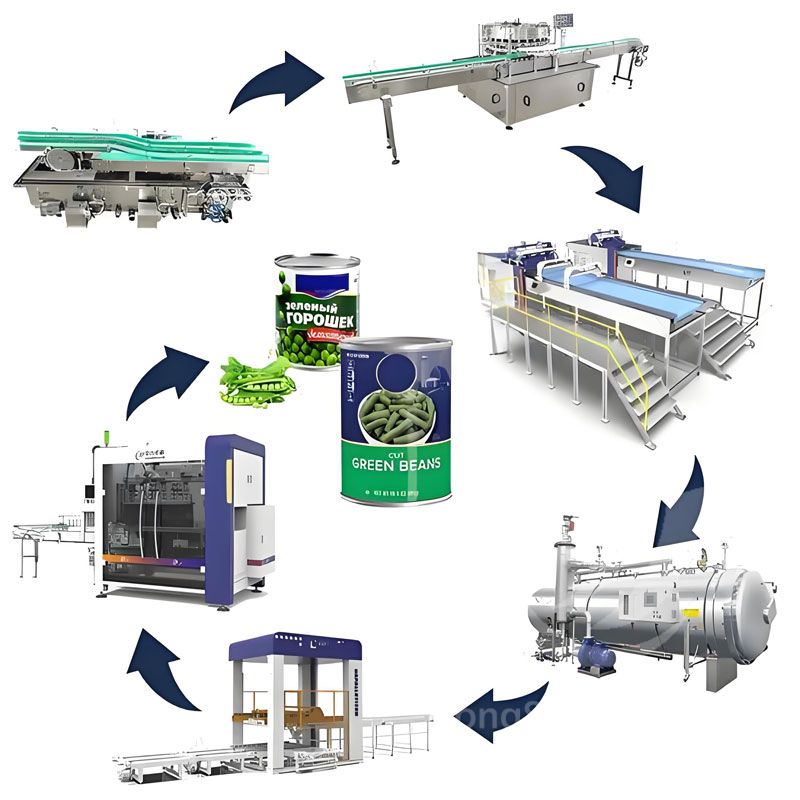 Green Bean Canned Food Production Line
Green Bean Canned Food Production Line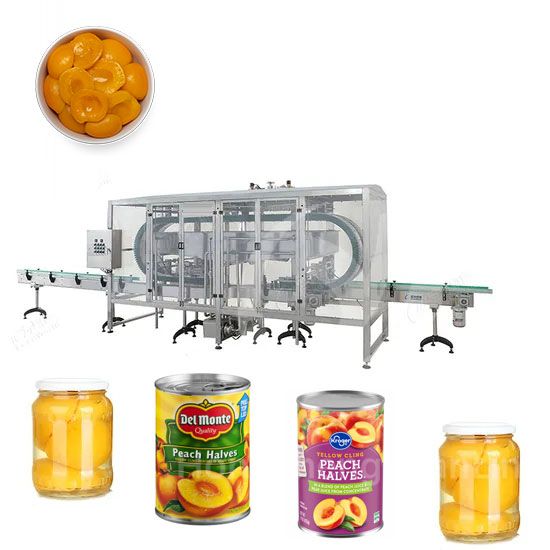 Peach Canned Food Production Line
Peach Canned Food Production Line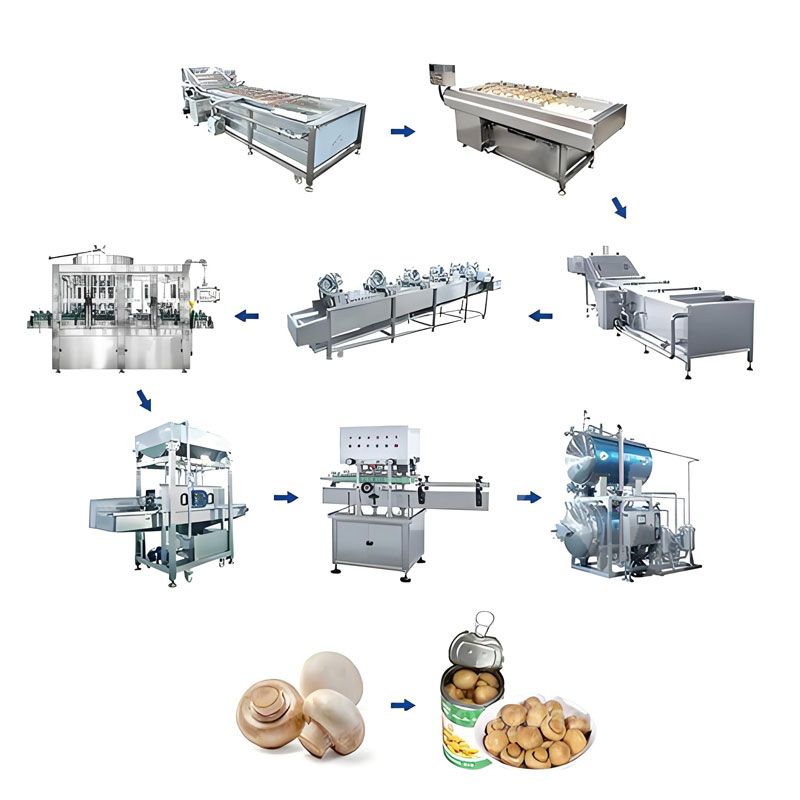 Edible Mushroom Canned Food Production Line
Edible Mushroom Canned Food Production Line
Ready to Get Started?